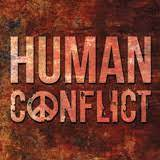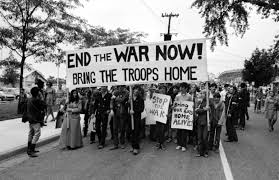On February 15, 2003, in hundreds of cities across the world, some 10 million people demonstrated against the United States’ impending invasion of Iraq. By many accounts, it was the largest single day of anti-war protest in history. More than a million people jammed London’s center, while huge throngs marched in Rome, Berlin, Paris, Barcelona, Madrid, and Sydney. In New York City, hundreds of thousands braved the bitter cold to rally against the war.
“The world says no to war” was the slogan and the reality.
A few days after the February demonstrations, the New York Times reporter Patrick Tyler wrote that the huge anti-war demonstrations were indications of “two superpowers on the planet: the United States and world public opinion.” The Nation’s Jonathan Schell wrote of the movement’s “immense power” in winning the hearts and minds of the majority of the world’s people.
10 Million around the planet earth protested the U.S. Iraq war which the U.S. started anyway which has been called "criminal" by the U.N.
While the protests did not stop the U.S., 20 years later, increasingly, the Iraq war is a source of shame especially for politicians who voted for it and promoted it.
What have Americans learned from their blunder into Afghanistan and Iraq? In the short run very little, but in the long run we can be hopeful and Americans will learn from their military hubris.



